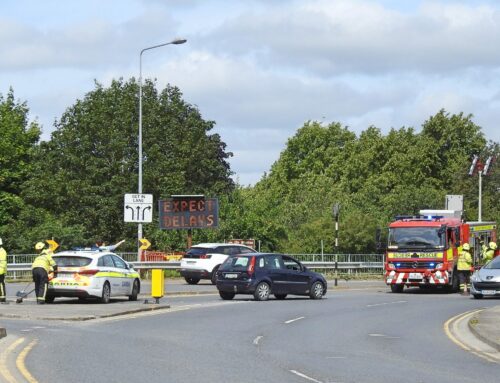One the Injuries Board receives the application and it is lodged within the relevant time frame, the Injuries Board will then notify the Respondent of the claim and ask them to either consent or object to the Injuries Board assessing the claim. If the Respondent to the Injuries Board assessing the claim, the Injuries Board will then proceed to the examine the medical evidence before them and they will arrange an independent medical appointment for you the Claimant. The Injuries Board will then look at both medical reports, i.e. your own doctor’s report and also the report of the independent medical assessor and will put a value on your claim.
If the Respondent objects to the Injuries Board assessing the claim, then the Injuries Board will automatically issue a document called an authorisation which is a permit allowing the Claimant to proceed with their claim to the courts.
There are various instances when the Injuries Board will themselves decline to assess the claim and that is where your claim includes a significant element of psychological damage or alternatively, if the Injuries Board assumes that it will not be possible for them to have a final prognosis within the time frame allowed. In these instances they would issue an authorisation allowing the Claimant to bring their claim to the courts.
If the Injuries Board is proceeding to assess your claim, and they have received the independent medical report they will also ask you to prepare a schedule of special damages. This is a list of expenditure incurred by you as a result of the accident which would not otherwise been incurred by you the Claimant. You must submit all receipts all in relation to these expenses. These expenses includes doctors visits, pharmacy expenses, loss of earnings to date, physiotherapy expenses, physiotherapy into the future, aids and appliances that are required, travelling expenses, etc. Once the Injuries Board is in receipt of all of this information they will then make an assessment of your claim i.e. they will make an award of compensation. It is open to both parties to accept or reject that award of compensation. If the award is accepted by both parties then it becomes binding and “an order to pay” is issued by the Injuries Board. If the assessment is rejected by any one party i.e. the Claimant or the Respondent then the assessment is no longer binding and an authorisation issued which allows the Claimant to bring their claim through the courts.
*In contentious business a Solicitor may not calculate fees or other charges as a percentage or proportion of any award or settlement.
**This information is for guidance purposes only. It does not constitute legal or professional advice. Professional or legal advice should be obtained before taking or refraining from any action as a result of the contents of this publication. No liability is accepted by McElhinney & Associates for any action taken in reliance on the information contained herein. Any and all information is subject to change.













